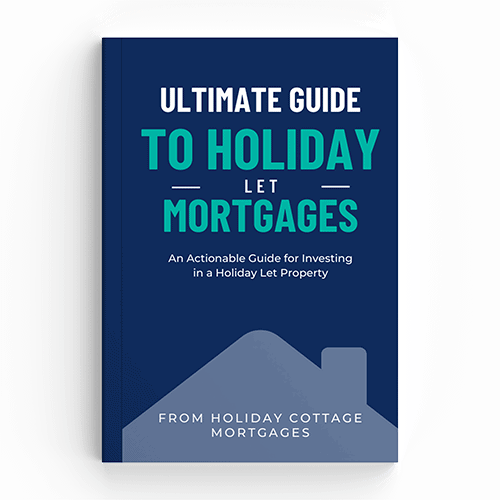With the UK shadowed by Brexit uncertainty, there have been plenty of questions about its effect on the nation, from trade deals to the value of the sterling pound. In this article, we examine the potential impact of Brexit on self catering holidays, and how it could lead to a steep increase in Brits choosing to take UK holidays or “staycations” as they are commonly known.
Predictions for UK Holidays
Due to the uncertainty surrounding Brexit, more and more Brits are choosing to holiday in the UK. There are a variety of reasons for this trend, such as:
- Since the referendum, the value of the sterling pound has dropped in value against the dollar and euro. As a result, it is less risky to holiday in the UK, where there isn’t any need to change currency.
- There could be new rules regarding passports and travel throughout Europe. According to HMRC: ‘If the UK leaves the EU without a deal on 31 October 2019, new rules will apply. You should have at least 6 months left on an adult or child passport to travel to most countries in Europe (not including Ireland).’
- Travel could be more expensive due to the decreasing value of the sterling pound, with airline fees expected to rise, for example.
If the UK leaves the EU without a deal, drivers will need to get extra documentation to be able to drive in Europe. - It is little surprise then, with so many questions on the table, that Brits are worried about booking a holiday in the EU – and with more people are choosing to holiday in the UK, there will be a much greater demand for holiday lets. Thus, it is predicted that Brexit will cause a significant growth in the UK holiday letting market.

Holiday Letting
In the same vein as holidaying in the UK, it is quite likely that due to Brexit, potential holiday home owners will choose to buy a property in the UK, rather than in the EU. What’s more, with increased demand for holiday lets, those who own a buy-to-let property might consider going in a new direction; going down the holiday let route instead.
Aside from the advantages of owning a holiday let in a post-Brexit UK, there are other reasons why it could be considered advantageous over buy-to-let:
- HMRC considers a furnished holiday let to be a trading business. As such, at present, there is no limit on the amount of mortgage interest incurred that landlords can offset against their profits. For higher rate tax payers, this can significantly reduce their income tax bill. On the other hand, there have been punitive changes to the way income tax is calculated on buy-to-let properties; landlords can claim only a portion of their mortgage interest as offsetable against their profits.
- When a holiday let property is sold, there is the potential for landlords to benefit from capital gains tax reliefs, such as Entrepreneurs Relief, which could reduce the tax on the sale to 10%. There is also inheritance tax relief to consider; as the holiday let is a business property, according to HMRC: ‘Business Relief reduces the value of a business or its assets when working out how much Inheritance Tax has to be paid. Any ownership of a business, or share of a business, is included in the estate for Inheritance Tax purposes. You can get Business Relief of either 50% or 100% on some of an estate’s business assets.’
- There are set expenses that holiday home owners can set against their gross rental income and assessment of tax. This includes costs necessary for letting out your holiday home, such as agents’ fees and marketing; mortgage interest; and general wear-and-tear costs.
To qualify for the tax benefits listed above, there are rules that the holiday let must adhere to. These span occupancy conditions and the property’s furnishings.
According to HMRC: ‘Your property must be available for letting as furnished holiday accommodation letting for at least 210 days in the year. Don’t count any days when you’re staying in the property. You must let the property commercially as furnished holiday accommodation to the public for at least 105 days in the year.’
The HMRC also states that your holiday let must be suitably furnished: ‘There must be sufficient furniture provided for normal occupation and your visitors must be entitled to use the furniture.’

Get your copy today!
Free eBook: The Ultimate Guide to Holiday Let Mortgages
FCA disclaimer
The information contained in this article is accurate at the time of writing, based on our research. Rules, criteria and regulations change all the time and so please speak to one of our Consultants to confirm the most accurate up to date information. Nothing in this article constitutes financial advice. You understand that by clicking any external links on this page that you will be leaving the website of Holiday Cottage Mortgages and we cannot be held responsible for the content of this external website. Please always consult your accountant or solicitor for all financial, taxation or legal matters.